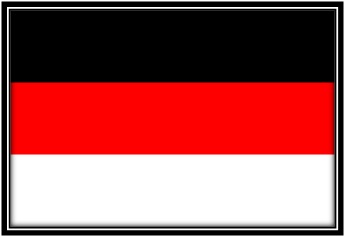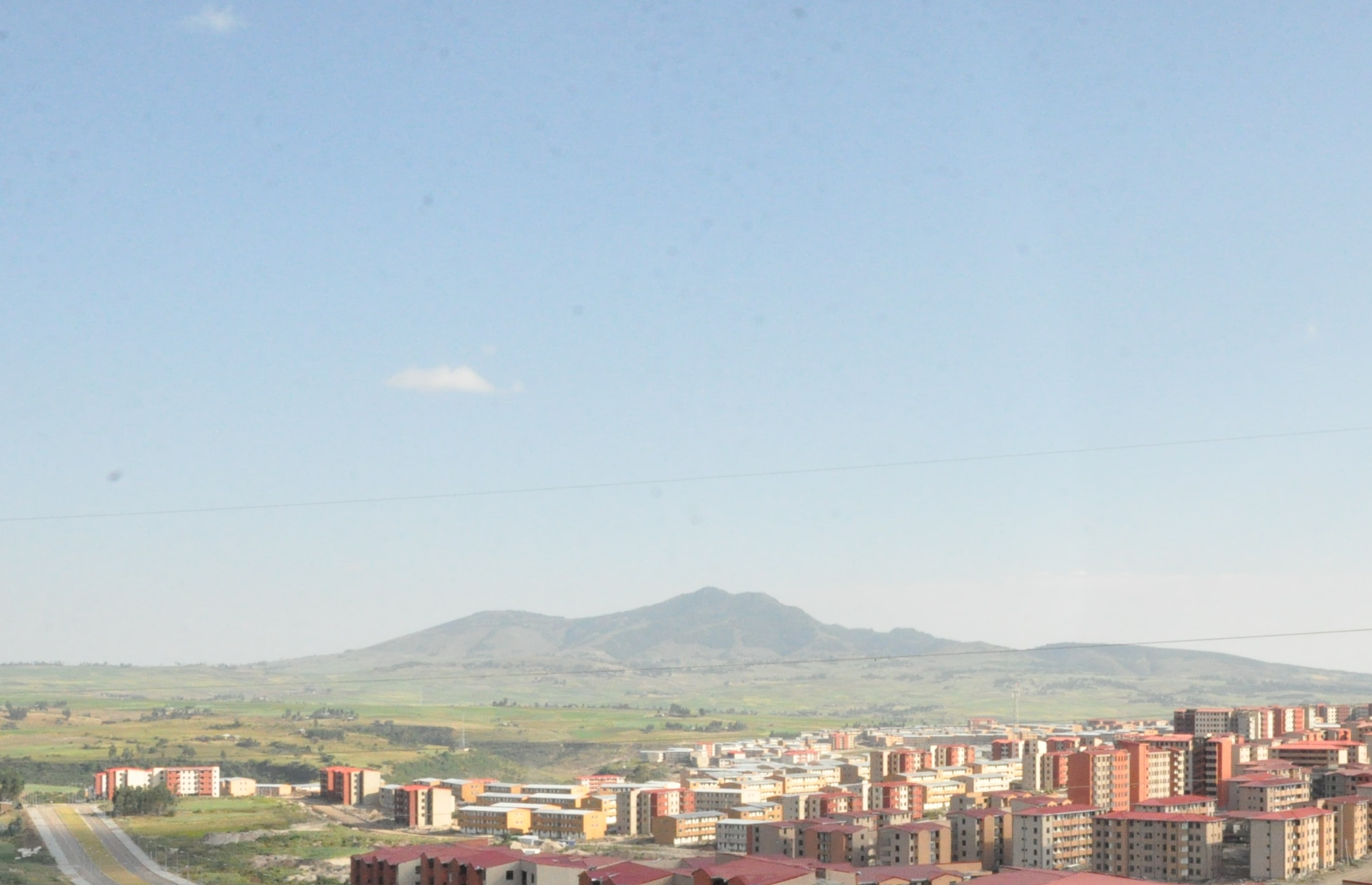REMEMBERING MUGABE!
When I heard that Mugabe, ex-president of Zimbabwe, has passed away, a flashback of thought took me down the memory lane. I grew up hearing about him, as a towering figure and giant in African politics. He used to regularly travel to Addis Ababa and take part at big gatherings. Dergue propaganda was so tiring and sickening that there were times I used to boycott listening to media, taking time out from Ethiopian radio and TV. At one point, his visit coincided with one of my frequent media boycott period, so I managed to miss that he was in town for a few days and left. Perhaps it was an ኢሰፓ or ኢሰፕአኮ conference. It could as well be one of those OAU meetings.
Mugabe was not only a hero as a liberation fighter but also a charismatic politician as well as an intellectual figure. He came out of prison with degrees, I guess more than one?!
Mugabe had exceptionally good oratory skills with an excellent sense of humor.
In his later years, as he became increasingly bitter and confrontational,
Europeans and western powers became the butt of his cruel jokes.
What can leaders learn from Mugabe? At least two things:
First, they say “Power corrupts, absolute power corrupts absolutely!” It is rare to find a case where this rule applied more absolutely than the way it perfectly applied to Mugabe. He could have saved his reputation by leaving power in good time, before the law of diminishing returns had set in during his reign, inviting him to take desperate survival measures.
Second, when he could not get his way, he become bitter and ruthless. As they say, bitterness is a self-destructive sickness. For many years now, every time I thought about Mugabe, this adage has kept coming to my mind: “The right thing at a wrong time is a wrong thing” (Joshua Harris), except that I had a longer version: “The right thing at a wrong time, in a wrong way and with a wrong motive, becomes a wrong thing!”
Even his ardent enemies would not dare to completely object to the land reform, the final act in his rule, and the ultimate cause of his fall from grace. However, Mugabe had the opportunity to fix this long time before, perhaps soon after the liberation. Being somewhat an opportunist, he did not want to upset his goodwill with the British establishment. He chose to play a “nice guy” card, remaining a loyal and close friend with them.
Towards the end of his rule, when he run short of any other option to gain popularity, he suddenly pulled out the thing out of his sleeves, precisely at the wrong time. Even then he went about implementing it in a rather reckless manner, expropriating and allocating land in arbitrary and haphazard ways, mostly to his cronies. Land reform was done with a wrong motive because it was used as a means to gain popularity and hung onto power, rather than addressing the issue as a matter of principle, after all he tolerated and lived with that injustice for decades!
The lesson from Mugabe’s land reform is this: economic policy reforms sequenced wrongly in time, and applied with wrong motives, are bound to fail. This logic is more or less a universal rule that guides most economic reform programs, everywhere!
No doubt Mugabe will be harshly judged in history. Perhaps he will be remembered more as villain than a hero. After all ultimately he was not a victor to get his personal history written in his favor. The fact is, however, that Mugabe was neither a monster as portrayed in western media nor a flawless leader as described by many in Africa.
Time will tell when and how a balanced history of Mugabe will be written. Formal history aside, Mugabe is already being informally recognized as an African icon, the father of humor and irony, someone who speaks his mind. Social media is awash with the so-called Mugabe quotes, where Mugabe is celebrated as someone who epitomized African wisdom. My favorite is this: Africans in Europe are called refugees, but Europeans in Africa are called tourists! At first glance this may sound a trivial and silly joke.
If we care to ponder over it, we uncover another layer, issues seated deeper underneath: injustices in economic relationships between the north and the south, Europe and Africa!
For instance, European businessmen are free to come and invest in Africa. In fact they would need to be persuaded with a plethora of incentives to attract them, the so-called incentives for foreign direct investment. That is alright, because there is shortage of capital in Africa.
However, why is it not alright for Europe to offer incentives to African labor to work in Europe, where there is labor shortage? If global economic relationship has to work then factors of production (capital and labor) would need to freely move from regions with surplus to regions experiencing shortages.
When we say Mugabe speaks his mind, we mean he raises these kinds of fundamental injustices, and confronts leaders of powerful nations. In a mad world where it is a taboo, even costly, to tell the truth as it is, he ended up being a lone voice, misjudged and ridiculed. He did not care, he remained a fearless hero to the end of his day.
May his soul rest in peace!









